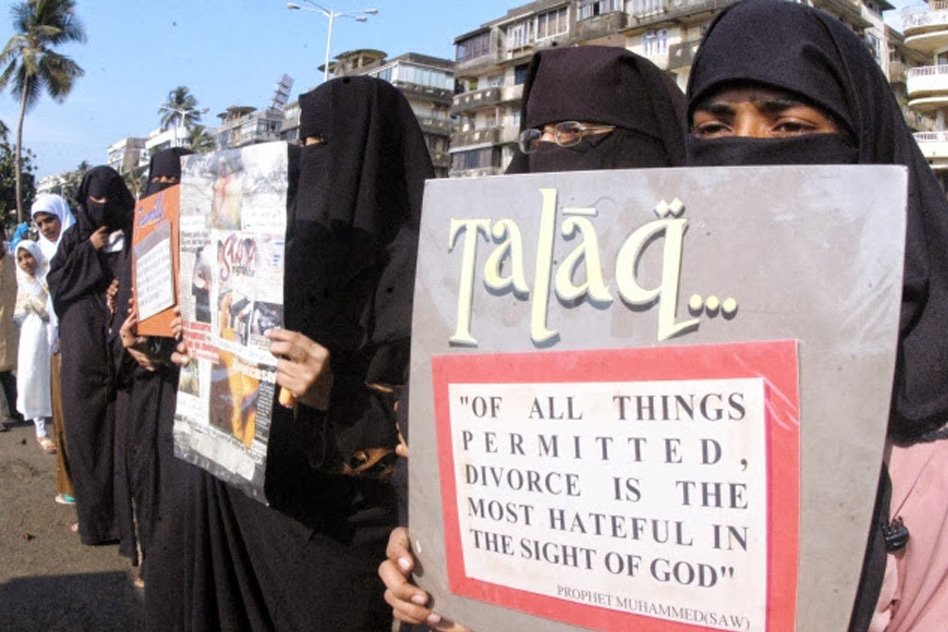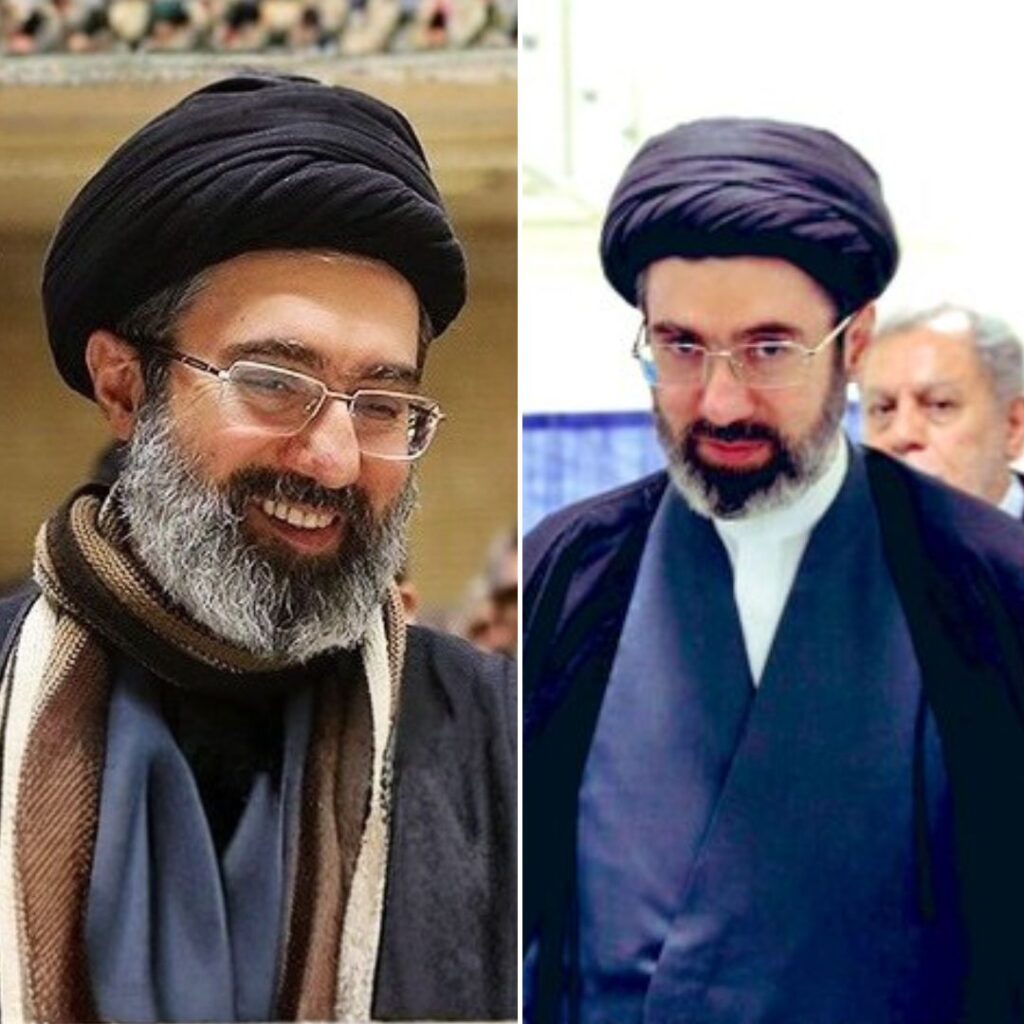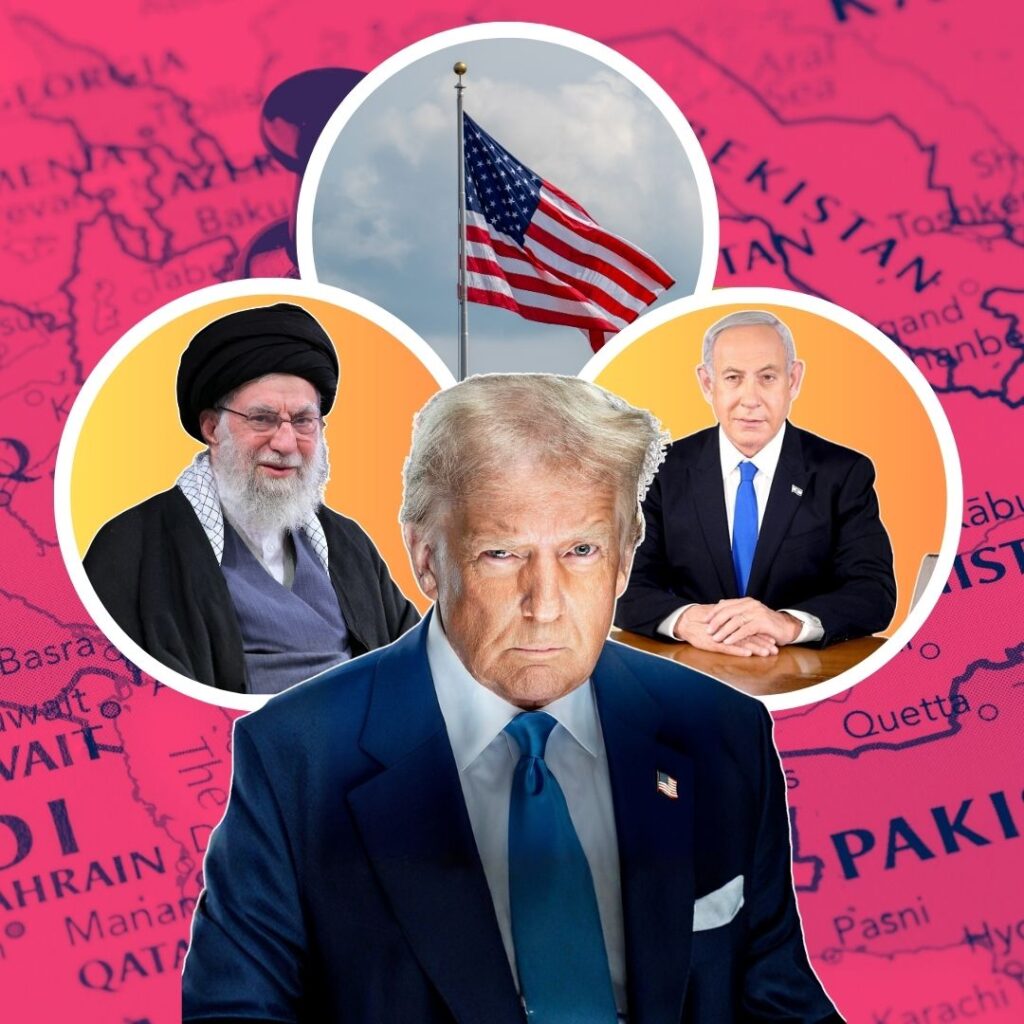Image Source: Frontline
This is how today’s Muslim women in India have reacted to the orthodox practice of Talaq. Voicing their opinion loud and clear 92.1% Muslim women in India are seeking a total ban on ‘oral triple talaq’. Talaq over Skype, text messages, emails and WhatsApp have become a big worry for the community and the number of these kinds of Talaqs is increasing day by day.
NGO Bharatiya Muslim Mahila Andolan (BMMA) conducted a study across 10 states about Muslim Personal Law and found that women of the Muslim community are far behind in social and economic status in comparison to other community. Child marriage is still a big thing and half of the women married below 18 years have faced domestic violence. Polygamy has come up as another thing to worry and 91.7% of the respondents opposed a second marriage by their husbands.
4,710 women between July nad December 2013 were interviewed by the NGO and found that 73% of them were from families that earned less than Rs 50,000 annually and 55% were married before they reached 18.
Economic condition is worse, 82% had no property in their name and 78% were homemakers, indicating absence of income. Education is another hurdle and majority were poorly educated.
About (93%) favored an arbitration process before the divorce and 83.3% believed that codification of Muslim family law would help get justice. However due to religious interference Codification of Muslim personal law has been resisted by the community.
The Logical Indian asked the author of the study Zakia Soman, who along with Safia Niaz conducted the survey. And here is what she has to say “Indian women are far ahead of some of the Muslim leaders who still want to rule with their Middle-Age patriarchal mindsets. The Muslim women use their heads in religious and social matters. And they are very clear on these points; they don’t want Polygamy and ‘oral triple talaq’. They want equality and change for the better.”
On government role she said, “Government should seek opinions from these women who actually get affected, not only from the political and religious leader who have their own agenda to propagate.”
“There must be some codification of Muslim family law, and policy made wich addresses these issues.” she further added.
Religious freedom may be valid argument however depriving a large community of its rights doesn’t seem right. How long we want to hide the pain of millions behind religious curtains and keep repeating the same. It is the time we rise above social dogmas and liberate women and society as a whole.











